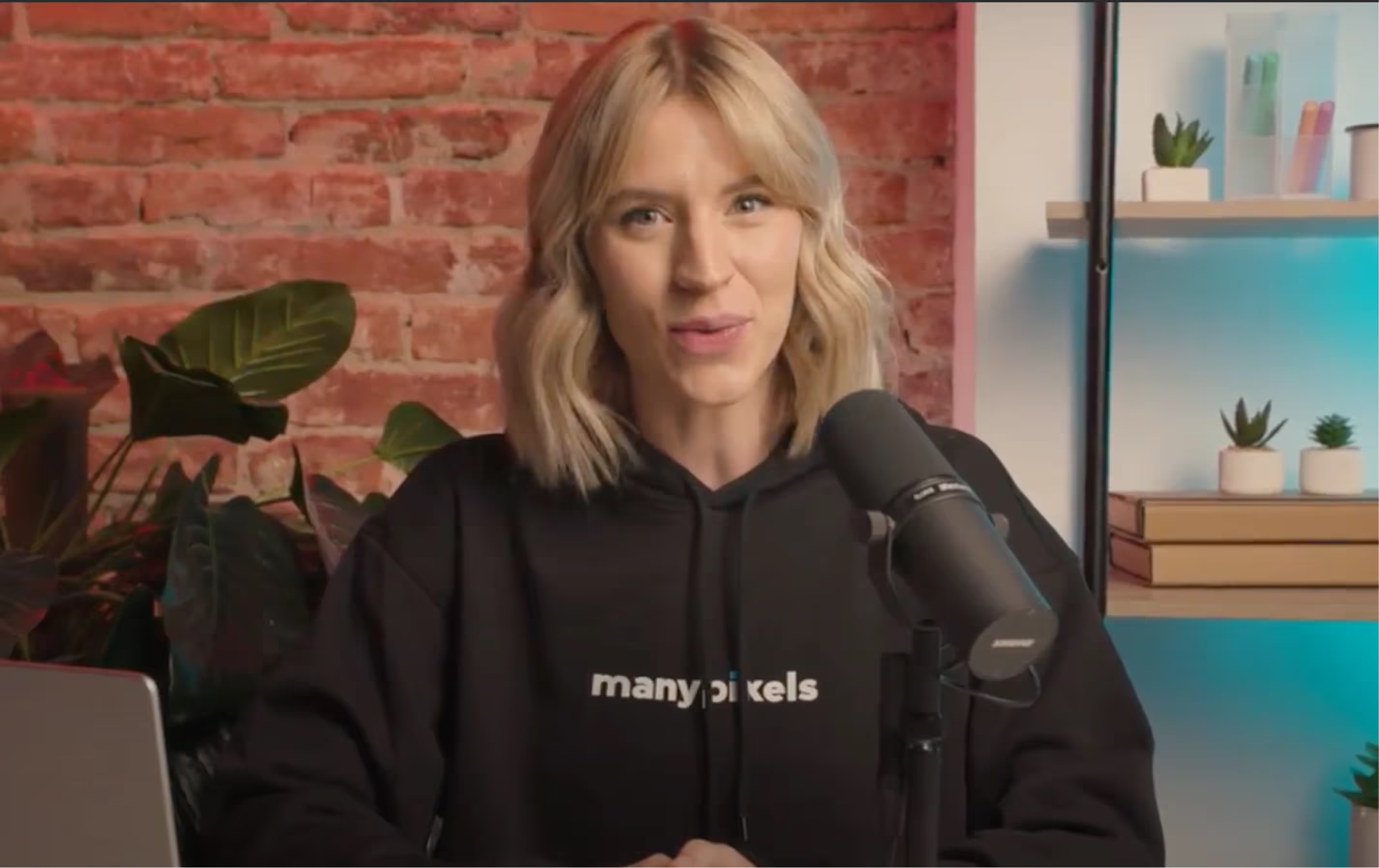

Creative Signage Design: Why, How & How Much
Signs serve more than one purpose in a physical storefront. Discover what makes a great sign, along with creative signage ideas you can copy.

.svg)
Table of Contents

From outdoor signage that can entice people to come in, to in-store signs that provide a great brand - experience, here’s everything you need to about creating the best signage design!
Why you need to invest in professional signage
Signage is often one of the most overlooked elements of branding, yet it’s one of the most visible. Here are just a few key reasons why custom signage makes a difference.
1. Brand identity and recognition
Signage is a powerful visual cue that communicates your brand instantly. The colors, fonts, imagery, and layout used in your signage should align with your overall brand identity. Consistent and professional signage helps build trust and recognition over time, especially for retail stores, restaurants, salons, or office-based businesses.
2. Attracting attention
Good signage grabs attention and draws people in. Exterior signs, in particular, serve as a 24/7 advertisement for your business. For example, a bold storefront sign with unique typography and lighting can stand out in a crowded street.
3. Communicating key information
Effective signage doesn’t just look good — it conveys information. Whether it's your hours of operation, a sale announcement, or directions to different sections of a building, signs help customers navigate and make decisions.
4. Enhancing customer experience
Interior signage helps customers feel comfortable and informed. Wayfinding signs, department labels, menus, and promotional posters all contribute to a seamless shopping or service experience.
{{PRINT_PORTFOLIO="/dev/components"}}
How to make signage design (with examples)
But what are some actionable design tips that can help you create stand-out signage. Here are some of them, along with terrific signage design examples to inspire you.
1. Focus on the product
You don’t have a lot of time to capture viewers’ attention, especially in a busy street. So, you shouldn’t leave people second guessing what your sign is all about. Instead, make sure to put your product front and center.
This energy drink sign would certainly make anyone thirsty on a hot summer day, and the colorful citrus fruits help drive home the message of how refreshing this drink is.

2. Utilize the surroundings
This is certainly one of the most successful food ads of all times, but also a clever way of enticing consumers to visit the restaurant.
Instead of the usual promotional messages, McDonald's devised a clever sundial which would gently “suggest” which treat you might want to purchase at different times of the morning.

3. Use frames and shapes to organize information
If you’re using signage for wayfinding, it’s paramount to organize information in a user-friendly way. One nifty graphic design signage tactic you can employ is creating frames to organize pieces of information.

4. Embrace multimedia
Although we usually think about physical signs in physical stores, this is never your only option. Just think about trendy tech stores, such as Apple, or Internet providers like Vodafone, Verizon, etc.
Here’s a great signage design example that utilizes similar designs on both printed and digital signage to create a fun and elaborate brand experience.

5. A little texture never hurt nobody
Another simple signage design trick? Just add a bit of texture. This might mean using different materials for your signs, such as fabrics, wood, styrofoam, and etc.

However, with a skilled designer you won’t even need to splurge on expensive materials. Whether you want a sign that appears rugged and wooden, or dainty and silky, graphic design and signage can create the illusion!
Signage design cost
Hiring a professional designer for signage typically costs between $100 to $1,000 per design, depending on experience, complexity, and usage rights. More intricate designs, or ones that require custom illustrations or 3D mockups, will naturally cost more.
Production costs vary significantly depending on the material used. However, to give you a ballpark estimate, here are some numbers.
- Vinyl banners: $50–$300 depending on size and quality
- Acrylic or aluminum signs: $200–$1,500+
- Vehicle wraps: $1,000–$5,000 depending on the size of the vehicle
- Digital signage screens: Starting around $500 for hardware, with additional costs for software and content creation
Custom signs on a budget
We hope this guide has helped you with some graphic design and signage ideas. Although signage design can be relatively inexpensive, it’s not the smallest one-time investment.
For a much smarter option, why not try our unlimited design service? With one flat monthly rate, starting at just $599, you can get all your business graphics sorted.
{{GRAPHIC_BANNER="/dev/components"}}
Signage, flyers, digital ads, and much more! Get in touch with us to learn how we can help.
Signs serve more than one purpose in a physical storefront. Discover what makes a great sign, along with creative signage ideas you can copy.
A design solution you will love
Fast & Reliable
Fixed Monthly Rate
Flexible & Scalable
Pro Designers




.jpg)
